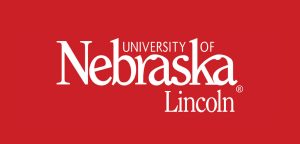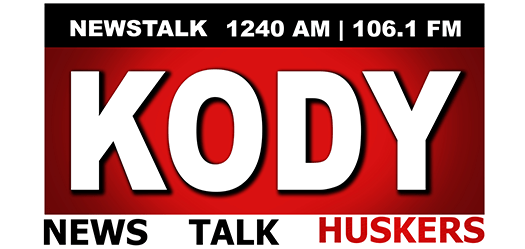
Consistent with projections, enrollment at the University of Nebraska System is holding steady at 49,419 for fall 2023, according to new census figures announced today by President Ted Carter.
The University of Nebraska-Lincoln and University of Nebraska at Kearney both saw growth in the key demographic of first-time freshmen, system-wide enrollments of graduate and professional students increased including a record-high graduate enrollment at the University of Nebraska at Omaha, and the University of Nebraska Medical Center has its 23rd straight record enrollment, among other highlights.
Overall student credit hours are also up and the number of full-time students grew, both positive signs in relation to the university’s goals to increase timely graduation rates and provide more talent for Nebraska’s workforce. Enrollments in high-demand workforce areas, including engineering and agriculture at UNL, information science and technology at UNO, and health science and business and technology at UNK, are also seeing positive growth trends.
The total headcount enrollment, which includes all four campuses in the NU System plus the Nebraska College of Technical Agriculture, is a decline of 0.3 percent from fall 2022, or 148 students. The figures align with the 2023-24 operating budget approved in June by the Board of Regents, which assumed flat enrollment.
Carter said he was pleased to see enrollment stabilize after two years of declines and credited campus teams for their work in engaging prospective students. He added that student recruitment and retention will continue to be an “all-hands-on-deck” effort across the university system, given Nebraska’s urgent need for more highly skilled workers with postsecondary education.
“A strong, growing State of Nebraska is directly linked to a strong, growing University of Nebraska,” Carter said. “While our university is not immune to demographic realities and other challenges facing all of higher education, the needs of our workforce and state are too important for us not to be completely focused on attracting, retaining and graduating as many students as possible.
“I am cautiously optimistic that we have turned a corner. As our Five-Point Plan for elevating the University of Nebraska’s competitiveness and success makes clear, student recruitment is at the top of our priority list. We will continue to be creative and aggressive in building new strategies for making certain all students know there is a place for them at the University of Nebraska.”
Included in Carter’s plan are goals to blanket statewide events and schools to ensure every prospective student is aware of the opportunities available to them at the university. The university also plans to review options for more competitive full scholarship programs to attract top students.
Those efforts will build on steps the university has taken in past years to broaden affordable access to quality education to more students, including the creation of the Nebraska Promise financial aid program, elimination of application fees, and tuition rates that remain well below peer institutions.
Carter noted that the university’s efforts to create access and opportunity are showing results: More than one-quarter of all NU undergraduates are now the first in their families to attend college. The university also enrolls students from every Nebraska county and all 50 states.
“Higher education is a transformative force in a student’s life, and in the life of our communities and state as a whole,” Carter said. “The breadth of educational opportunities, world-class research and engagement that the University of Nebraska offers is unmatched in our state. I’m proud that so many students and families, along with our many partners across the state, continue to recognize the value and impact that our university provides.”
Details on the University of Nebraska System’s fall 2023 enrollment follow. Figures are based on a student census taken on the sixth day of classes.
System-wide enrollment totals
· University of Nebraska System total headcount: 49,419 (0.3 percent decrease)
· First-time freshmen: 7,865 (1 percent decrease)
· Undergraduate students: 36,172 (1.2 percent decrease)
· Graduate students: 9,718 (2.3 percent increase)
· Professional students: 3,529 (2.5 percent increase)
· Resident students: 37,515 (Flat)
· Nonresident students: 11,904 (1 percent decrease)
· Full-time student enrollment: 39,555 (0.2 percent increase)
· Student credit hours: 599,223 (0.3 percent increase)
Campus enrollment totals
· University of Nebraska-Lincoln: 23,600 (0.9 percent decrease)
· University of Nebraska at Omaha: 15,015 (0.3 percent decrease)
· University of Nebraska at Kearney: 6,017 (0.4 percent decrease)
· University of Nebraska Medical Center: 4,555 (3.4 percent increase)
· Nebraska College of Technical Agriculture: 232 (7.2 percent decrease)







